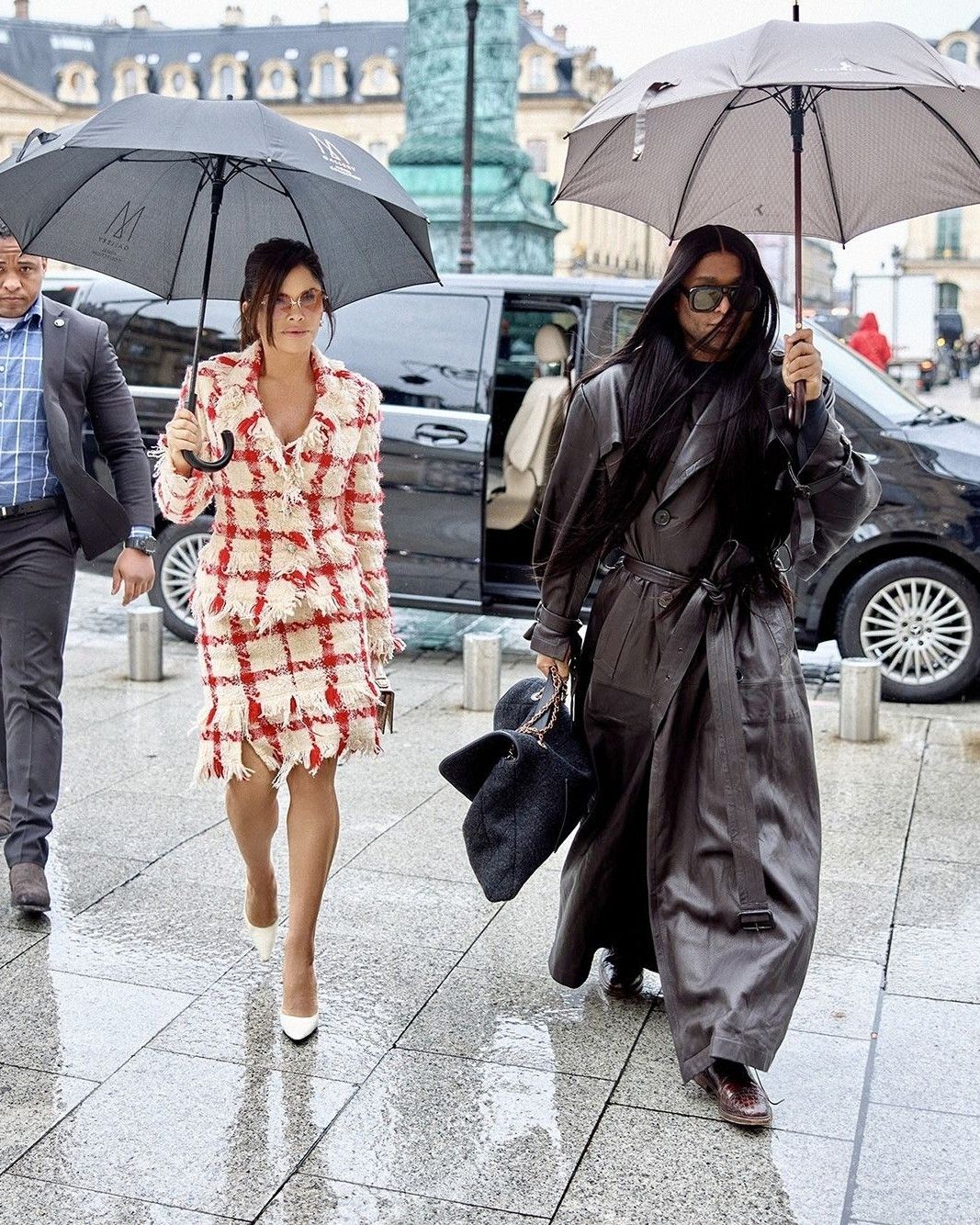
No, Anna Wintour did not leave Vogue US All the latest news clarifications from the Condé Nast universe
In the unstable landscape of contemporary publishing, there are few certainties. Among magazines that appear and disappear with seasonal rhythm, the figure of Anna Wintour at the helm of Vogue US seemed to be one of those immovable pillars. For nearly four decades, her presence embodied a rare continuity in the fashion system — a certainty within an industry in constant transformation. And yet, after 37 years, even this certainty has been redefined. Contrary to what many headlines hastily suggested, this is not a farewell or a step back, but rather a strategic reorganization of the power dynamics within Vogue US and the global Vogue network. According to what was officially announced by Condé Nast, Wintour will remain as the group’s Chief Content Officer and will also take on the title of Global Editorial Director for all international editions of the magazine. The real novelty, however, lies in the introduction of a new role — yet to be announced — that will take on the position of Head of Editorial Content for Vogue US, responsible for overseeing both the print edition and the content strategy for digital and social platforms.
To confirm this passing of the torch, Wintour herself spoke out with statements that showed a rare balance of self-reflection, vision, and awareness of the passage of time. «Anybody in a creative field knows how essential it is to never stop growing in one’s work,» she told the Vogue team during an internal meeting. What emerges from this change is the clear intent to initiate a renewal process for a magazine that both industry insiders and general readers often perceive as the most “classic” among all Vogue editions. Despite Wintour’s influence and status within Condé Nast remaining largely untouched, her new roles now appear to carry a more symbolic than operational value. Also, in recent years, many fashion publications have begun to move away from the traditional Editor-in-Chief role, embracing a more fluid and transversal editorial direction capable of operating across all channels with a 360-degree vision. Nonetheless, Wintour will continue to wield significant influence, as she herself pointed out, starting with her oversight of the fashion industry and the organization of the Met Gala, which over the years she has transformed into one of the most culturally significant platforms in the sector. «I will continue to pay close attention to fashion, to our extraordinary Met Ball, and to charting the course for future Vogue World events,» she assured. With her signature irony, she concluded: «And of course, I plan to remain Vogue’s editor for tennis and theater in perpetuity.»
anna wintour stepping down as the head editor in chief at vogue is one of the most unexpected news I’ve read in 2025 she’s had an unshakable grip on this position since 1988 pic.twitter.com/Mbqn6JECro
— (@saintdoII) June 26, 2025
The shifts within the fashion system — whether involving brands, luxury groups, or the editorial world — seem to signal the beginning of a new era, one in which power dynamics are being redefined and the industry’s key figures are taking on increasingly fluid roles. When Anna Wintour took over what was the most influential fashion magazine in the world in 1988, she initiated a radical transformation of the editor-in-chief role itself. Her appointment marked the final shift from editor as mere interpreter of taste to managerial figure capable of directing not only the magazine’s editorial tone but the broader economic ecosystem in which it operated. Under her leadership, Vogue ceased to be merely an authoritative publication and became a global brand, just as influential in the advertising strategies of luxury giants as in defining industry hierarchies. Her leadership today must be understood in this light: not simply as editorial direction, but as the systemic architecture of an increasingly corporate media industry. A reality where the boundaries between content, advertising, and commercial strategy have dissolved, redefining the role of fashion journalism as an integral — and at times complicit — part of the very system it is meant to observe. Probably, Wintour’s departure from the role stems both from Condé Nast’s need to seek younger creative leadership more in tune with the times, and from a personal desire on her part to slow down after 37 years of undisputed reign.















































